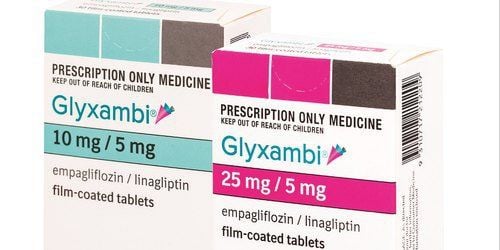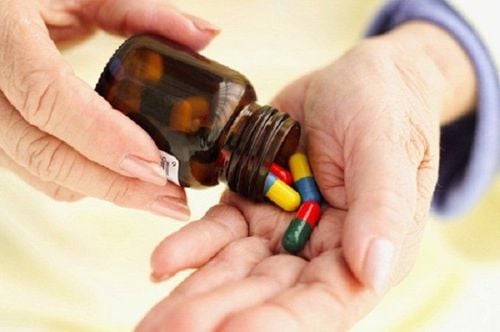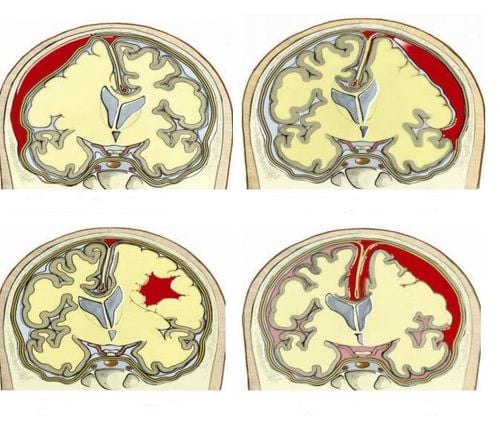This is an automatically translated article.
This article is expertly consulted by Master, Doctor Bui Ngoc Phuong Hoa - General Internal Medicine - Department of Medical Examination & Internal Medicine - Vinmec Danang International General Hospital.Language disorder after stroke is a sequelae that severely affects the lives of patients. After a stroke without speech, there are many types that are specific to the extent of damage to different brain regions. However, the patient's language ability can be restored with consistent practice with the support of the doctor and family.
1. Types of language disorders caused by sequelae after cerebrovascular accident
After a stroke, being unable to speak is a very common sequelae, accounting for 40% of stroke patients. Language disorders due to brain damage make the patient's voice distorted, when pronouncing the vowel at the end of words, stuttering, babbling. The patient has a change of voice, the rhythm of speech and the intonation of the language is changed.Based on the location of brain damage, a language disorder after a stroke can be divided into the following cases:
Injury to the language production area, this is the most common case. The patient understands what he or she wants to say and what others say to him, but is unable to say it, or can only say a few words. If the damage is mild, the patient can speak, but the speech is poor, and it is difficult to repeat the sentences of others or their own. Damage to the understanding of language: Although the patient speaks fluently, but does not understand or understand only a very small part of what others say to him, the patient's sentences are often meaningless, the ability to repeat other people's sentences least. Damage to the conduction zone between the region of speech production and the area of language understanding, the patient has the ability to speak and understand well but repeats sentences of others or himself. Total damage to all areas of language function, the patient cannot speak or speak very poorly, the ability to understand and repeat is poor. Consequences of cerebrovascular accident cause loss of language ability, making it difficult for patients to communicate with others, thereby leading to difficulties in daily activities. Not being able to speak will make the patient live a closed life, low self-esteem, depression, and poor health.
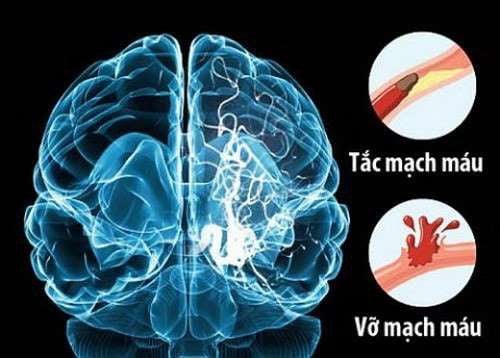
2. Exercise methods to help improve speech disorders caused by cerebrovascular accident
Persistence in exercise helps patients restore their language ability, and other brain areas will maximize their ability to compensate for the damaged brain area that controls language. All types of lesions after the training process improved, in which the damage to the speech area was the best restored.To restore language ability for patients with sequelae after cerebrovascular accident, the role of relatives and family is very important. Should practice as soon as possible simple sentences such as drinking water, eating rice, urinating, hungry, stomachache, headache,... so that the patient can ask others to support the basic needs of the day. . Exercise for patients with stroke who cannot speak, practice saying the names of some surrounding objects such as tables, chairs, cabinets, tables, colors, counting numbers, dates, alphabets,...Play games like find antonyms: far-near, hot-cold, over-under, games that describe objects, people, encourage the patient to list as many as possible a list of objects such as a list of fruits, a catalog animals, list of flowers. Regularly talk and interact with the patient, let the patient practice reading a number of words from shorter to longer, when the reading ability improves, the patient can read books and newspapers.
Show the patient pictures of familiar topics such as family members and then ask the patient to describe the images by answering questions such as: who is that person? How old? What are you doing?... If possible, encourage the patient to listen to their favorite songs.
When practicing, should pay attention to practice from easy to difficult, create a happy environment, always encourage, cheer and encourage when practicing to avoid the patient feeling like a child. Should divide exercise into several times of the day, avoid exercising too much at the same time to avoid fatigue for the patient. Regularly change the way to practice, the place of practice, family members should take turns to support the patient, when practicing should speak as loud as possible and start practicing as soon as possible. The most important thing is to help the patient be optimistic, persevere in practice, and not let the patient get discouraged or give up. If depressed, give up, then the treatment will fail.
3. Preventing consequences of cerebrovascular accident
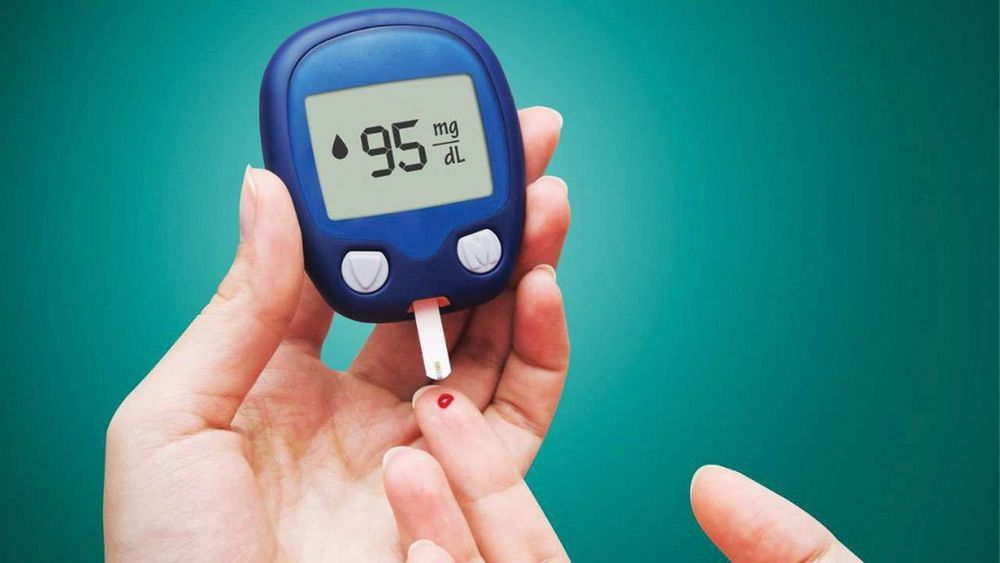
Factors that have been proven to cause stroke are older age, family history of stroke, high blood pressure, diabetes, high blood cholesterol, smoking, .. To prevent speech disorders and other complications of cerebrovascular accident, it is advisable to strictly control blood sugar in patients with diabetes, treat and control blood cholesterol, quit smoking, especially If blood pressure is well controlled, the higher the blood pressure, the greater the risk of a cerebrovascular accident. In addition, you should follow a healthy lifestyle, exercise regularly, limit alcohol consumption, stimulants, low-fat diet, rich in vitamins and fiber.
Cerebrovascular accident is very dangerous, but the patient can be proactively prevented. Patients should also choose to have cerebrovascular accident treatment at reputable medical facilities to minimize the risk of disease recurrence. Vinmec International General Hospital with highly qualified medical staff and the effective support of modern medical machinery system will help effectively treat cerebrovascular accident, minimizing the possibility of stroke. recurrence of the disease.
Master. Doctor Bui Ngoc Phuong Hoa has more than 24 years of experience in the field of neuropsychology. Doctor Hoa was formerly Deputy Head of the Department of Neurology - Quang Ngai Provincial General Hospital and participated in many continuous training courses on Epilepsy, Cerebrovascular Accident, Alzheimer's, Movement Disorders, Geriatrics. Endocrine Pathology.
Please dial HOTLINE for more information or register for an appointment HERE. Download MyVinmec app to make appointments faster and to manage your bookings easily.





